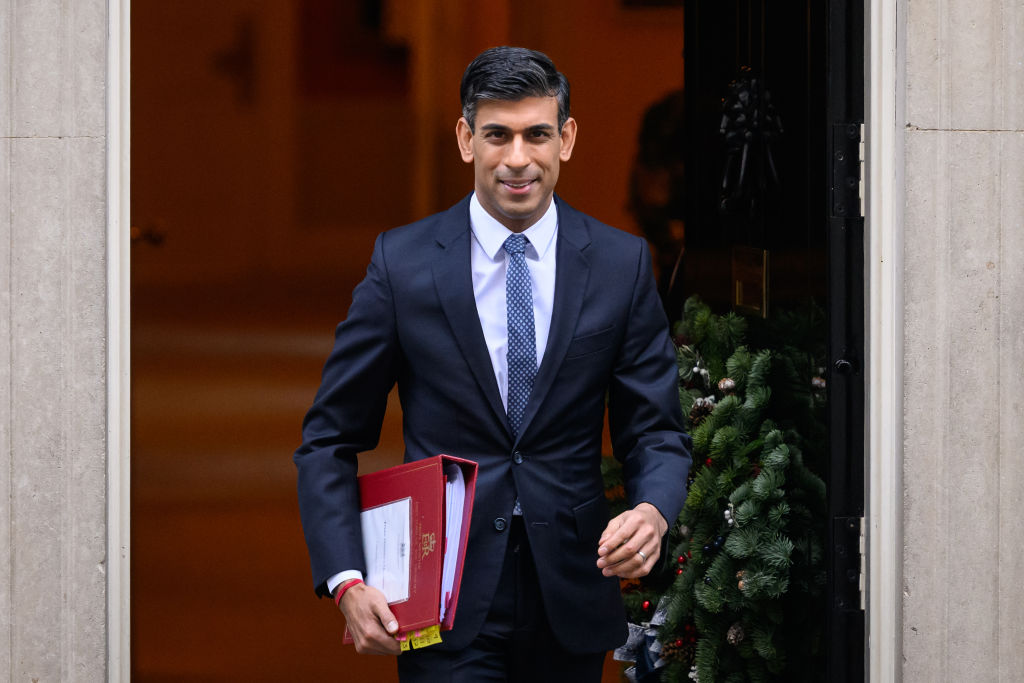We are still a long way from the Winter of Discontent, when 29.5 million worker-days were lost to strikes. Nevertheless, with today’s strike of 115,000 postal workers the number is creeping inexorably upwards. This one-day strike alone will cost 40 per cent of the 273,000 lost working days recorded across all industries over the whole of 2018.
To describe Britain as being in the grip of a wave of public sector strikes isn’t quite accurate. The 115,000 Royal Mail workers who have walked out today are not public sector workers. Nor are the train drivers, guards and other train staff who have been striking, on and off, for much of the past decade. All are employees of private companies, yet their unions have still managed to engineer national strikes.
It is pretty clear that the privatisation of public services has done nothing to quell trade union militancy. The whole business was transferred, like the post boxes and trains, into the private sector. Indeed, being private employees seems to have emboldened them. The Communication Workers Union, which represents the striking mail workers, knows full well that Royal Mail is in strong competition with other parcels and courier services, and that it can’t afford to see customers switching to rival providers during the crucial Christmas season. Parcels account for 72 per cent of the revenue of International Distributions Services, as the Royal Mail now likes to be known.
Privatisation has allowed government ministers to distance themselves from strikes. Once, dealing with a Royal Mail strike would have fallen to the Postmaster General. Now, there is no government minister interested in intervening. It is the same with rail strikes: rail companies and their employees are told to get on with it. We haven’t seen the end of union militancy; it is just that we now have government ministers washing their hands of it.
If the government is going to tackle union militancy and the disruption of public service it can’t just leave it to unions and management. It needs to press ahead with its manifesto commitment to mandate minimum service levels on strike days on the railways and other public services. Clearly, the government has been distracted by Covid and leadership elections, but still, the consequences of delaying this legislation should have been clear to all, especially given that pay awards were not going to be able to keep pace with inflation: unions would launch themselves into one last hurrah of disruptive action. The failure to make a priority of such legislation is now there for all to see.







Comments